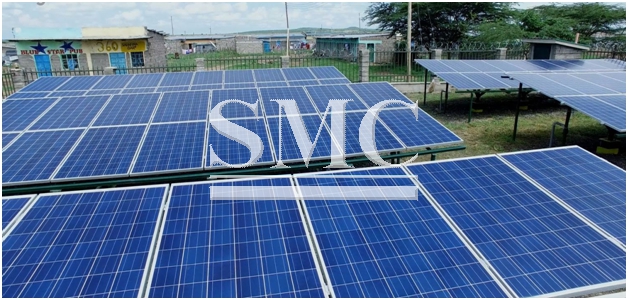
- Unternehmensübersicht Das Herz von Shanghai Metal Vision und Philosophie Partnerschaft Zertifizierungen Unternehmenskultur
- Unser Service Projekt-Design Wartung und Service Herstellung Transformation und Aufrüstung Lagerung und Logistik Verarbeitung und Handel
- Management Unsere Geschichte Globale Verantwortung
- Beschaffungszentrum Praktikum
- Metall Aluminiumprodukte Kupferprodukte Metallisch beschichtete Produkte Edelstahlprodukte Stahlprodukte Sonderlegierung
- Konstruktion Stahlgitter Lagerregal Stahlstruktur Stahlbrücke Gerüstbau Baumaterial Chemische Rohstoffe One Stop Solutions for Projects
- Containers ISO Standard Container Gerätecontainer Lagerbehälter Container Haus Reefer / Isolierbehälter Offshore Container
- Maschinen Formmaschine Andere Maschinen Schneidemaschine Verarbeitungsmaschine Biegemaschine Ziegelmaschine Motor
- Mechanische Produkte Fahrzeugindustrie Verschiedenes Festmacher Schiffsausrüstung Druckbehälter
- Elektrisches System Elektrisches Kabel Automatisierung Machtverteilung Solarenergie System Elektrisches Schutzsystem Transformator Fließband Blitzsystem
- Medizinisches Zubehör Fütterungsprodukte Atemwegsprodukte Pflegeprodukte Injektionsprodukte
- Baumaschinen
- EPC-Projekt
- Erdölleitung
- Wasserleitung
- Gas Leitung
- Boots- und Liegezubehör
- Metall zur Dekoration
- Transformator-Komponenten
- Wärmetauscherrohr
- Klimaanlage Ersatzteile und Zubehör
- Kessel
- Küchen- und Badezimmergerät
- Metall für Haushaltsgeräte
- Solarstromgerät
- Aufzug
- Dach und Decke
- Kabel
- Tank
- Verpackung
- Maschinen und Anlagen Ersatzteile und Zubehör
- Formenwerkzeug
- Autoteile
- Gleis- und Kranbahn
- Hardware-Anpassung
- Schleifmittel
- Straßenbaumaschinen
- Elektronische Bauteile
- Bau- und Ausbaumaterialien
- Türen und Fenster
- Kühlschränke
- Pressemitteilung Nachrichten aus der Metallindustrie Nachrichten von Maschinen und Anlagen Nachrichten von Bau und Gebäude Nachrichten von mechanischen Produkten Nachrichten von Containern Nachrichten von Elektrik System Nachrichten von medizinischem Zubehör
- Medienbibliothek Videos Bilder Folgen Sie den sozialen Medien in Shanghai
Is government intervention hampering private investment into East-African renewables?
Many experts believe the contribution of governments within East-Africa is slowing the speed of growth in the renewable energies sector. Government involvement in the design, development and operation of mini-grids is deterring potential private investments; private investments into East-African renewable energies were predicted to surge in recent years but this has not been the case.
Experts from within the sector are pointing the finger at government agencies that are crowding out the developers using legal and political tools that are in need of reforms. Private companies have indeed shown an interest in investing but they have insisted the power and subsidies given to government companies need addressing if their investment is to be warranted.
Kenya’s ministry of energy has said that overall electricity access has increased within the country from 23 percent in 2009 to 50 percent in 2015; however, the unequal distribution of this electricity is still highly prevalent with much of northern Kenya still deprived of such resource. Regions such as northern Kenya have access of about 5 percent. It says eight out of the 20 poorest parliamentary constituencies “where 74 percent to 97 percent of people live below poverty line” are found in this northern region.
A number of renewable energies companies would happily address this problem, through investment into the northern and other neglected territories of Kenya, however, the unfair position of power given to Kenya’s Rural Electrification Authority (REA), just completely deters these prospective companies.
In countries such as Kenya, which has such vast areas which do not have access to any electricity, mini-grids are definitely a better option to grid extension; it provides better quality and more reliable electricity to remote areas.

“Governments in Africa are generally happy to own mini-grids but at the moment are unable to deliver quality power and cannot offer customer support services while environmental issues are not a priority in development of these projects,” he said.
An Energy Sector Management Assistance Programme report released by the Ministry of Energy early this year said potential mini-grid developers in Kenya lack guidelines, standard or best practices for development of mini-grids “which may prevent future interconnections to the main grid and result in sub standard mini-grid infrastructure.”